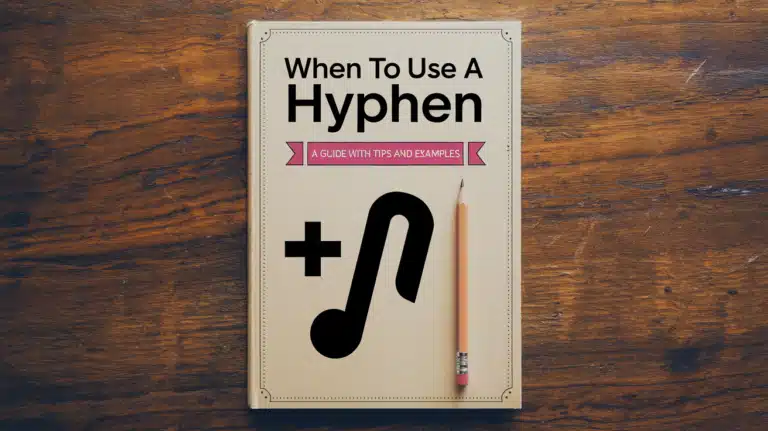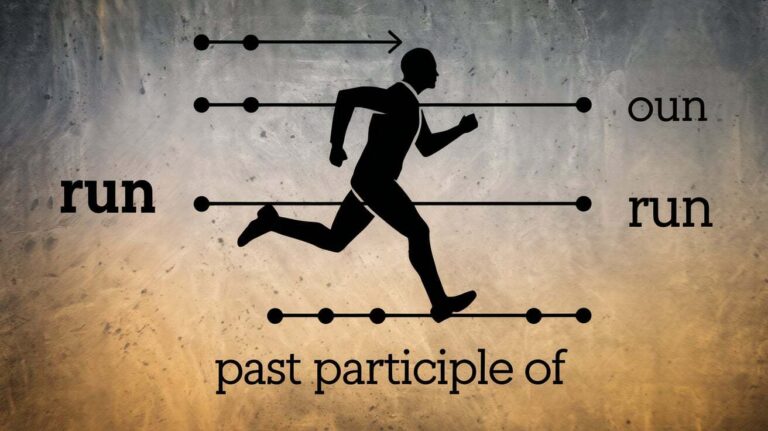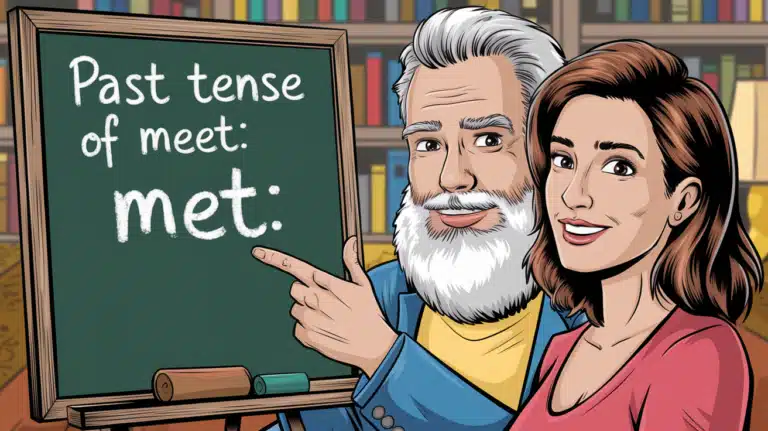Connect with Patients Using Vosita’s Virtual Walk-In
Let’s face it — waiting around in a doctor’s office is nobody’s idea of fun. From crowded waiting rooms to the struggle of scheduling appointments, traditional healthcare can feel painfully outdated. That’s where virtual walk-in care steps in, like a superhero with a stethoscope, to save the day. Thanks to platforms like Vosita, the virtual…










